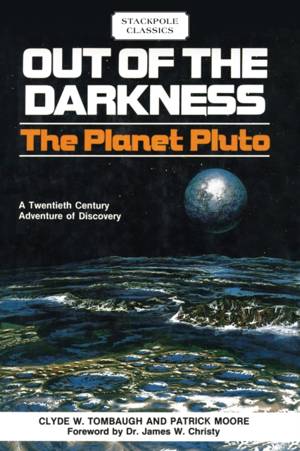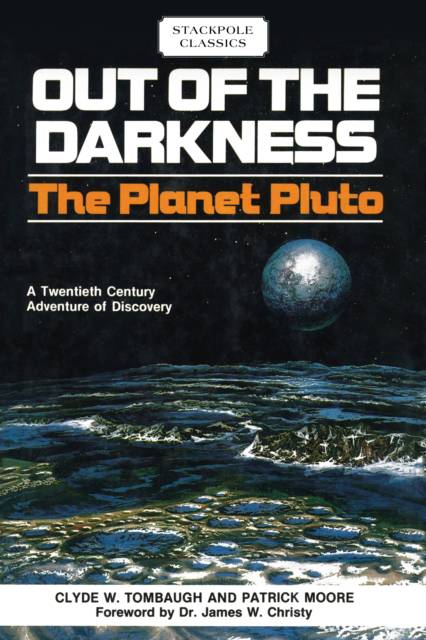
- Retrait gratuit dans votre magasin Club
- 7.000.000 titres dans notre catalogue
- Payer en toute sécurité
- Toujours un magasin près de chez vous
- Retrait gratuit dans votre magasin Club
- 7.000.0000 titres dans notre catalogue
- Payer en toute sécurité
- Toujours un magasin près de chez vous
Description
An adventure in scientific discovery Pluto, the farthermost planet in the solar system, some 3,673 million mites from the Sun, was discovered by Clyde Tombaugh at the Lowell Observatory in 1930. The fiftieth anniversary of Pluto's discovery will be celebrated in 1980 and OUT OF THE DARKNESS: THE PLANET PLUTO tells the exciting scientific story of the twenty-five year search for a planet X beyond Neptune, and its discovery-the only planet found in the twentieth century. The planets Mercury, Venus. Mars, Jupiter, and Saturn were all known since antiquity. Then Sir William Herschel discovered Uranus in 1781, and 65 years later, in 1846, Johann Calle and Urbain le Verner discovered Neptune. Variations in orbital perturbations of the planets and theoretical astronomy were responsible for predicting and discovering the three outermost planets (Uranus, Neptune, and Pluto) and so Pluto's story is also, to some extent, the story of its planetary neighbors. What kind of world is Pluto? Much is still a mystery (its exact size, for instance), but there are some facts. It takes 247.7 years for Pluto to revolve around the sun. From Pluto's surface, the Sun appears as a star-like point; giving only on-one-hundredth the light Earth receives, although it is still brighter than a full Moon. There is strong evidence to suggest that Pluto is an escaped satellite of Neptune, a sister moon of Triton that wandered off to become the farthermost planet revolving around the Sun. And the recent discovery of Pluto's moon, Charon, and the speculation on a tenth planet beyond Pluto add to the mystery that still prevails 50 years after coauthor Clyde Tombaugh exclaimed "That's it!" when he saw the change of position of a faint object on the photographic plates after examining millions of star images. That evening, the only man alive to discover a planet, went to the movies and saw Gary Cooper in The Virginian. The night sky was cloudy when he came out of the theatre, but his mind's eye still saw the faint image of Pluto.
Spécifications
Parties prenantes
- Auteur(s) :
- Editeur:
Contenu
- Nombre de pages :
- 222
- Langue:
- Anglais
- Collection :
Caractéristiques
- EAN:
- 9780811736978
- Date de parution :
- 15-09-17
- Format:
- Livre broché
- Format numérique:
- Trade paperback (VS)
- Dimensions :
- 152 mm x 229 mm
- Poids :
- 362 g

Les avis
Nous publions uniquement les avis qui respectent les conditions requises. Consultez nos conditions pour les avis.






